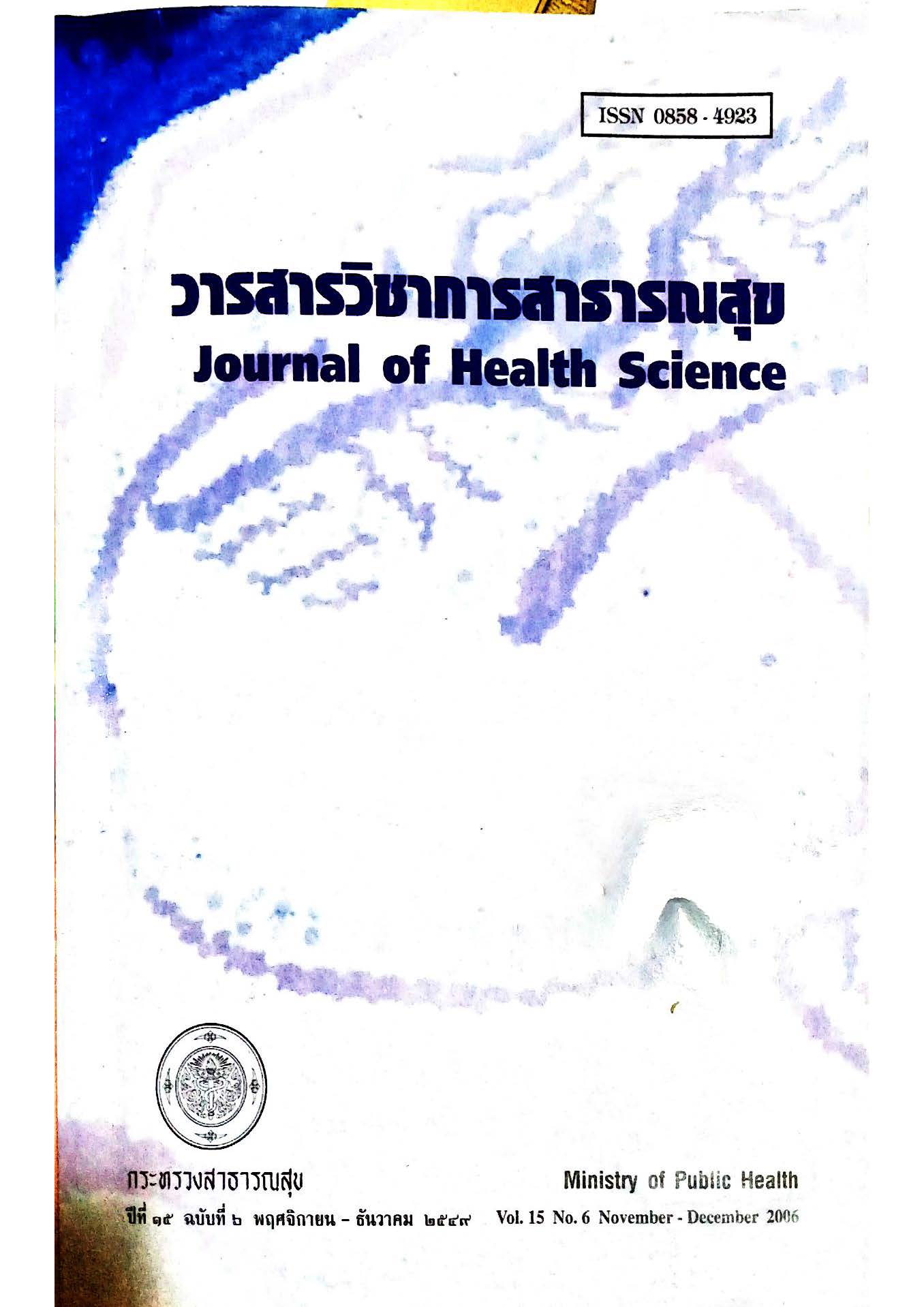Survey on Alcohol Consumption and Related Consequences
Keywords:
alcohol, alcohol consumption, surveyAbstract
Population-based surveys allow the collection of data on alcohol consumption and consequences which could indicate consumption situation, magnitude and severity of alcohol-related problems, coverage of implementation and effectiveness of alcohol policy interventions. The advantages of survey-based information, compared to institution-based, are ability to differentiate data among sub-population groups, areas and timeframes, and to cover non-institutional data, such as illegal consumption.
Subjects to be concerned in setting up survey questionnaires include; definitions of alcoholic beverages and consumption, defining reference period, consumption volume measuring methods, using questions on specific or general consumption, using open end or pre-coded questions and culture relevancy. Survey on alcohol consumption could apply many types of questionnaire. “Quantity Frequency" approach gains more popularity from its conveniences, however, other more complicated approaches, including “Graduated Frequency", could provide in-detail information. Planners for surveys on consumption impacts should also concern on causality mechanism, including appropriate period and the role of involved-factors, perception and understanding of interviewees. In addition, rationale and fundamental ideology of interventions should be taken into account in designing questionnaire on alcohol policy.
Downloads
Downloads
Published
How to Cite
Issue
Section
License

This work is licensed under a Creative Commons Attribution-NonCommercial-NoDerivatives 4.0 International License.







